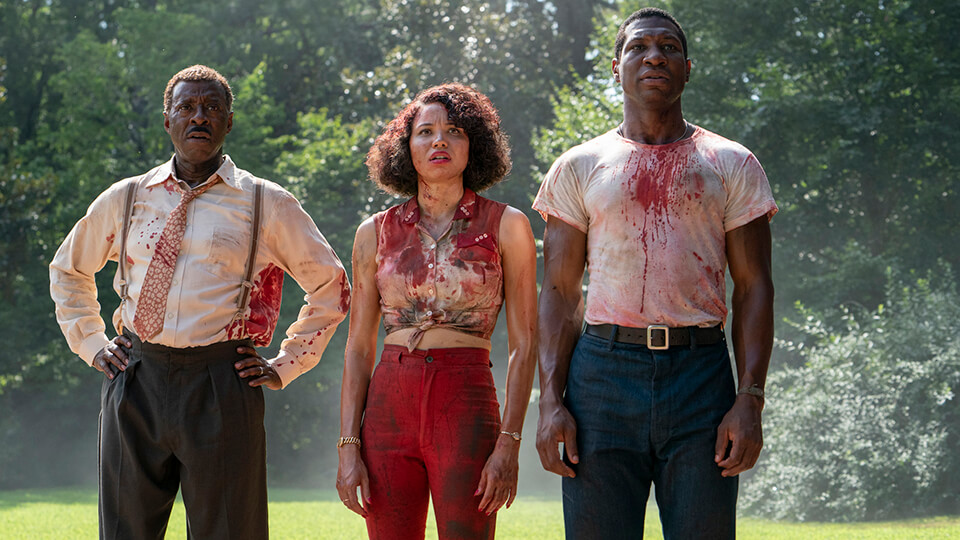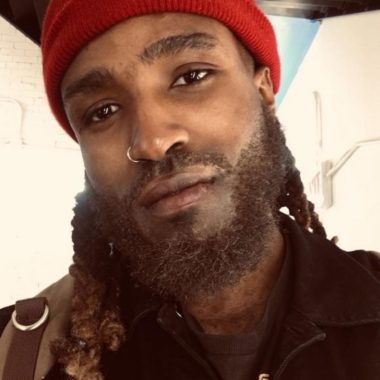The Origins of Lovecraft Country
Lovecraft Country is one of HBO’s newest series based on author Matt Ruff’s 2016 best-selling novel, Lovecraft Country. Both the series and novel reference the work of another famous author, HP Lovecraft (Howard Phillips Lovecraft) whose earlier works made use of themes that dehumanized people of color. However, the HBO series created by Horror meister Jordan Peele, and T.V writer Misha Green cleverly jabs at Lovecraft’s worldview. The show centers a Black protagonist and a Black family, to tell a story that involves magic and monsters. Lovecraft Country highlights the unique perspectives of African Americans –– effortlessly weaving in Black experiences into a Horror- Fantasy genre.
Set in the 1950s United States’ Jim Crow era, Lovecraft Country follows a young man named Atticus Freeman, an army veteran and heir to a legacy of wizardry. Like most Black Americans, Atticus’ ancestry is one of mixed European and predominant African heritage. However, it’s his white ancestor that connects him to a community of white wizards, who are less than welcoming to people of color.
Episode One- Jim Crow, Magic, and Dystopia
Episode one begins with Atticus Freeman portrayed by actor Jonathon Majors, searching for his father who went missing in Ardham, Massachusetts –– a fictitious town referencing HP Lovecraft’s equally fictional town Arkham, Massachusetts. The series’ placement of Atticus as the ‘good guy’ contradicts HP Lovecraft’s own words, who in his poetry described Black people as semi-human. Instead, early on we see Atticus fighting off HP Lovecraft’s most famous and monstrous creation, Cthulhu (pronounced kuh-thoo-loo), with the help of baseball legend Jackie Robinson.
The HBO adaptation of Matt Ruff’s novel visually depicts the type of classic love stories and adventures that usually ignore the realities of Black characters and Black history. While watching the show, I couldn’t help but think of the Hardy Boys books I received as gifts as a preteen.
In a conversation with his readers, Lovecraft Country author Matt Ruff, who is himself white, discussed his inspirations and the realities of Jim Crow, an era he describes as, “dystopian.”
“My novels are all over the place in terms of genre and subject matter, but they often involve some sort of culture clash. I learned at an early age that I’d be spending my time on this planet surrounded by people who didn’t see eye-to-eye with me and my writing reflects this.
The biggest challenge wasn’t the characters, but the history. I’d turn up on things in my research that were hard to wrap my head around at first. Like the idea of whites-only ambulances that would literally let black people bleed to death rather than lift a finger to help them – that sounds like something out of dystopian science fiction, but in large parts of 1950s America, it was just how things worked.”
Reality vs Fiction
Ruff’s description of the 1950’s racial climate, truthfully points out the real horror of racial discrimination and dehumanization of Black people in America. Without feeling rushed, episode one of Lovecraft Country moves at a relatively speedy pace. From the onset, you’re thrust into sorcery, romance, and action. We watch Atticus’ journey from Florida to South Side Chicago, where he joins his uncle George, played by actor Courtney B. Vance, and childhood friend Letitia, played by actress Jurnee Smollett. On a mission to find Atticus’ father, the trio travel through rural areas to Ardham, Massachusetts, on the way encountering police in ‘Sundown towns’ –– towns that are unsafe for African Americans at sunset.
Throughout the show, we witness the troubling realities of Jim Crow. However, we also experience other themes through the characters, like Black love for example. The relationship of Atticus’ uncle and aunt is particularly endearing, comparable to Peter Parker’s aunt and uncle in Spiderman. Along with Jurnee Smollett and Courtney B. Vance, Actor Jonathan Majors delivers a wonderful performance, portraying a relatable Atticus, who is every bit the ‘classic’ Hollywood hero.
“The tricky part was learning the rules of this strange country that my protagonists were trying to make their way in,” says Matt Ruff.
“Once I had that down, figuring out how intelligent, resourceful human beings would respond and adapt was relatively straightforward. And of course, I had plenty of real-life examples – anecdotes and stories of how people coped.”
Music and Cinematography
Musically, the show feels Tarantino-esque–– a mixture of appropriately placed classic and modern music for each scene, ie. Frank Ocean’s Bad Religion for a queer sex scene between two Black men. Aside from a few mediocre special effects (episode 2), Lovecraft Country is visually quite stunning. Director of Photography Tat Radcliffe incorporates his well-known use of color, shape, and darkness to beautifully capture the 1950s in various settings.
Unique storytelling builds empathy and Lovecraft Country certainly has a stand-out story. However, here’s hoping that the rollercoaster of action sequences in the show never overpowers the story of Lovecraft Country. With the budding adoption of Afro-futurism (Black Panther) and Black perspectives in cinema, I hope to see more unique perspectives in the reemerging Horror and Fantasy genres.










